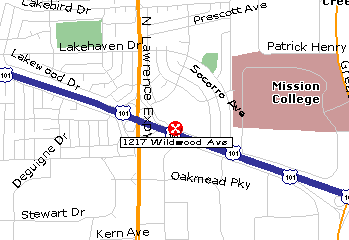|
|
|
 | ||
|
| ||
Thursday, October 27, 2005

| Register & Prepay for lunch ($15) in one step from your PayPal account or Credit Card! |
PLEASE RESERVE IN ADVANCE --
Earlier studies have shown that intermetallic layers between lead-free solders and component metalizations are prone to fail in drop tests. Reactions between Ni(P)/Au coated pads on PWBs and solder alloys have been studied extensively. However, much less is known about the effects of component UBM (Under Bump Metalization) with different finishes and pad structures on lead-free and tin-lead assemblies under shock loading.
This talk will discuss the behavior of two UBMs used in wafer level chip scale packages on drop test performance, namely, (Al)Ni(V)/Cu metalization and electroless Ni(P)/Au metalization. A significant difference in the reliability performance of the components was observed: those with (Al)Ni(V)/Cu UBM were more reliable than those with electroless Ni(P)/Au UBM, regardless of the solder bump type, the solder paste, the surface finish of the boards, or the pad structure on the boards. The primary failure mode in the component side is the cracking of the interconnections along a brittle NiSnP layer between the electroless Ni(P) of high P-content and the solder alloy. Components with (Al)Ni(V)/Cu, on the other hand, fail by cracking along the [Cu,Ni]6Sn5 layer. On the board side, cracking happens in the porous NiSnP layer formed between the electroless Ni(P) metalization and the [Cu,Ni]6Sn5 intermetallic layer. Cracking happens predominantly on the component side due to three factors: 1. high stresses on the component side; 2. brittleness of the reaction layers; and, 3. strain-rate hardening of the solder interconnections. It will be shown that such failure mode differs from that typically observed in thermally cycled devices, where the nucleation and propagation of cracks are strongly enhanced by the recrystallization of the solder interconnects.
|
SCV Chapter
Home Page |
How to Join IEEE |
Contact our Chapter Chair |
| CPMT Society
Home Page |
IEEE Home Page |
Email
to Webmaster |
Last updated on